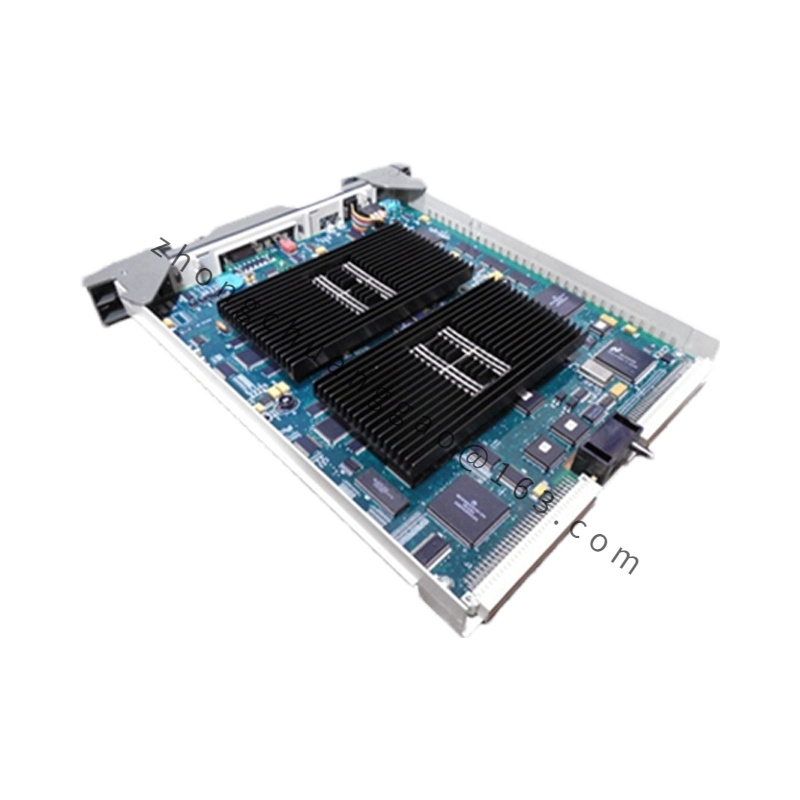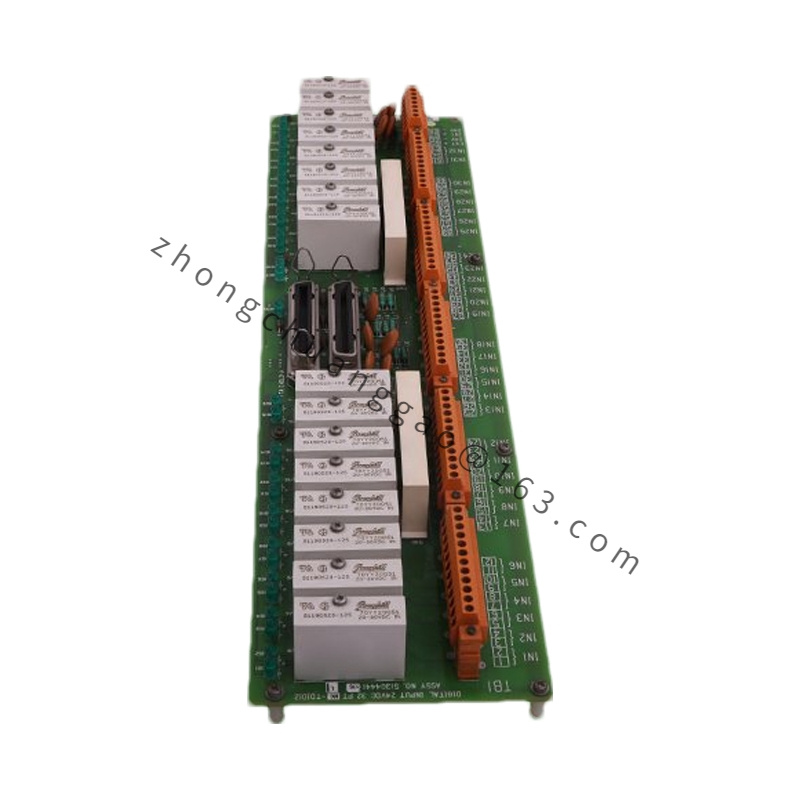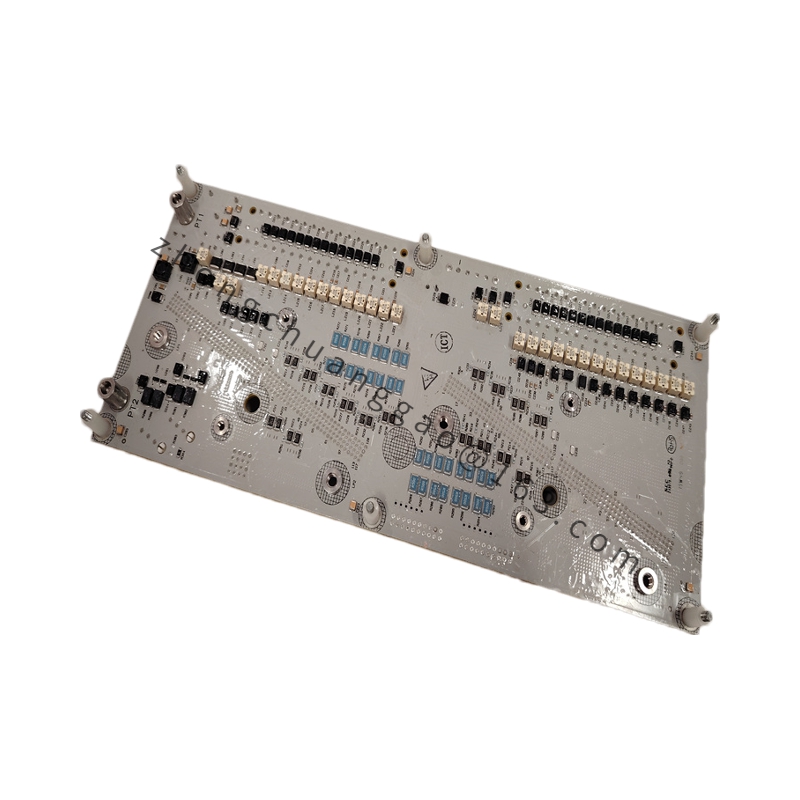Detailed content
Technical Specifications:
- Type: I/O Module (Input/Output Module)
- Model Number: L51402615-400
- Function: Provides input and output functionalities within a control system, facilitating the interaction between the control system and field devices.
- Input/Output Channels:
- Inputs: Supports multiple input channels, including analog and digital types (exact channel details should be verified in the datasheet).
- Outputs: Includes multiple output channels, providing control signals to various devices (specific output types and channels should be confirmed in the datasheet).
- Communication Protocols: Interfaces with control systems using industry-standard communication protocols; verify exact supported protocols in the datasheet.
- Power Supply: Typically operates on 24V DC; confirm the exact voltage requirements in the datasheet.
- Temperature Range: Designed for industrial environments, usually within a temperature range of -10°C to 60°C.
- Mounting: Typically mounted on DIN rails or panels, based on installation requirements.
Features:
- Flexible I/O Capabilities: Offers flexible input and output options for integrating various field devices with the control system.
- High Accuracy: Provides accurate data acquisition and control, essential for maintaining process quality and reliability.
- Modular Design: Part of a modular control system, allowing customization and expansion based on application needs.
- User-Friendly Configuration: Includes configuration tools and interfaces for straightforward setup and diagnostics.
- Built-In Diagnostics: Equipped with diagnostic features to aid in troubleshooting and maintaining system reliability.
Applications:
- Industrial Automation: Used to manage and control industrial processes, integrating field devices with control systems for process automation.
- Manufacturing: Applied in manufacturing environments to control and monitor production processes, enhancing operational efficiency.
- Building Automation: Integrates into building management systems for controlling HVAC, lighting, and other building systems.
- Energy Management: Utilized in energy management systems to monitor and control energy usage, contributing to efficiency and cost savings.

.jpg)
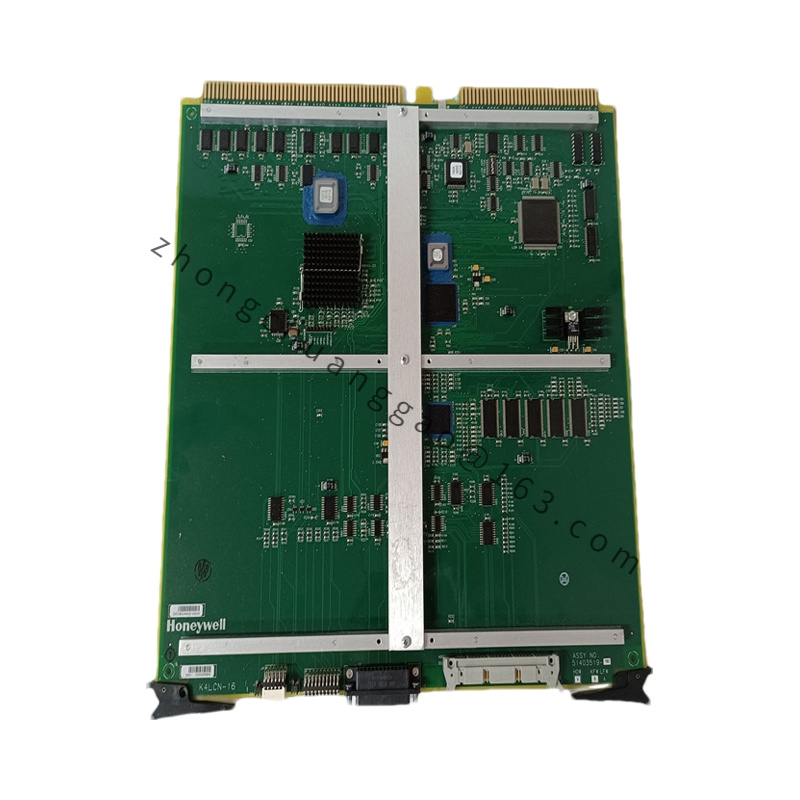
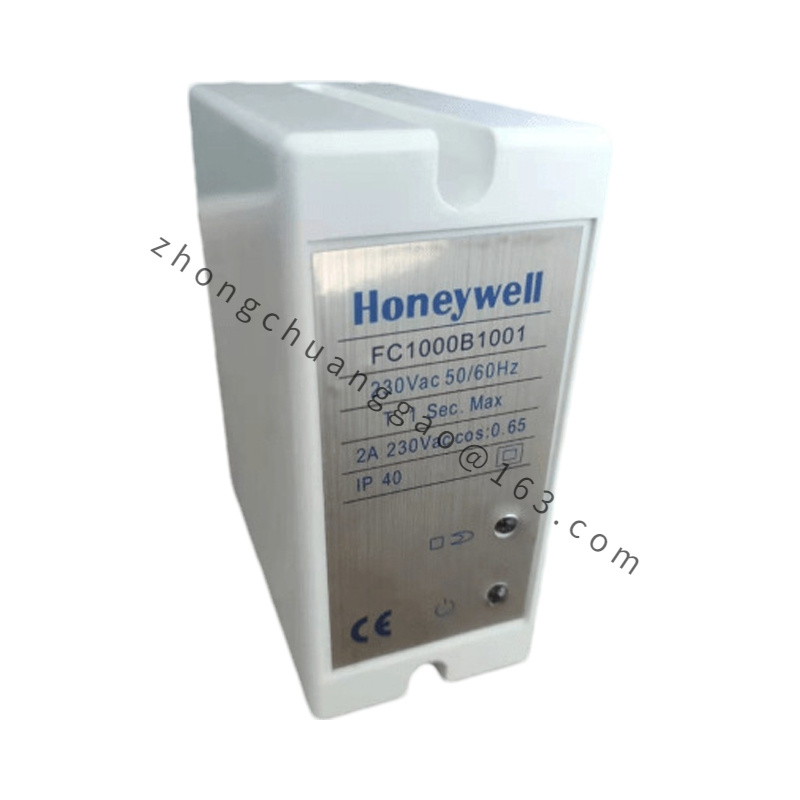
.jpg)
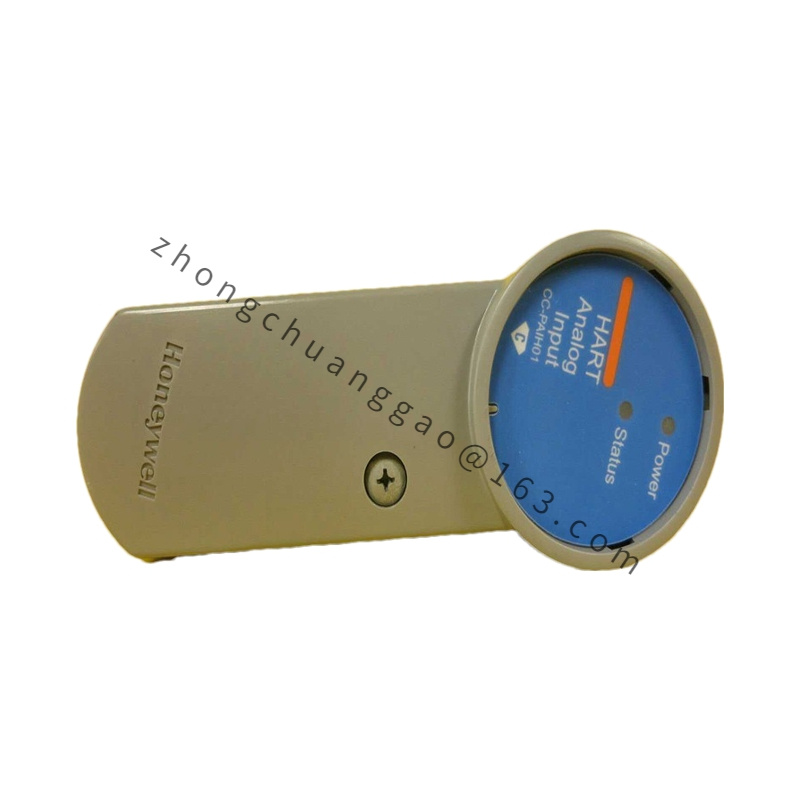
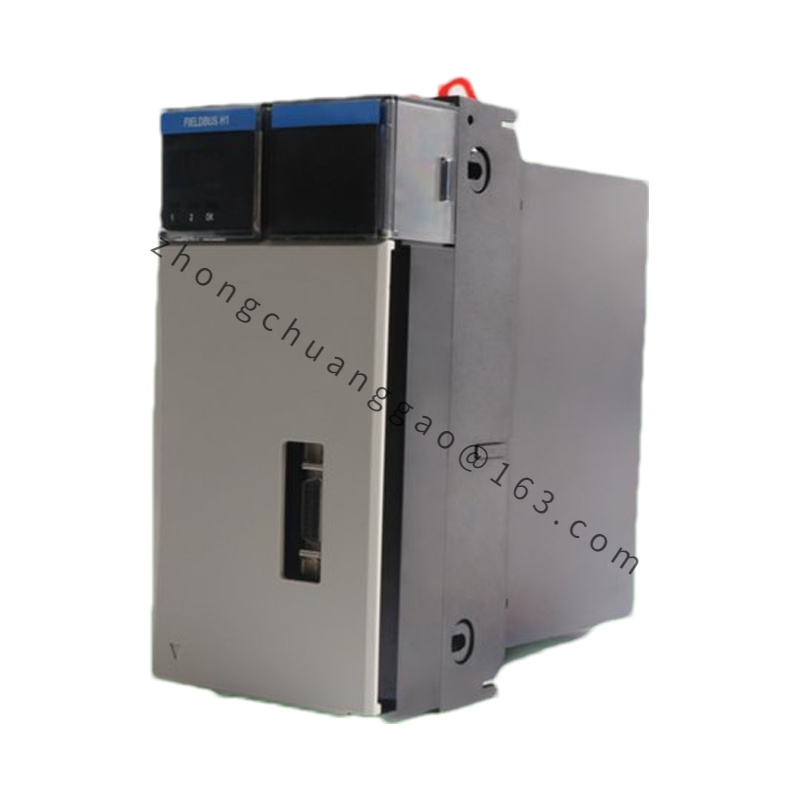
.jpg)
.jpg)

